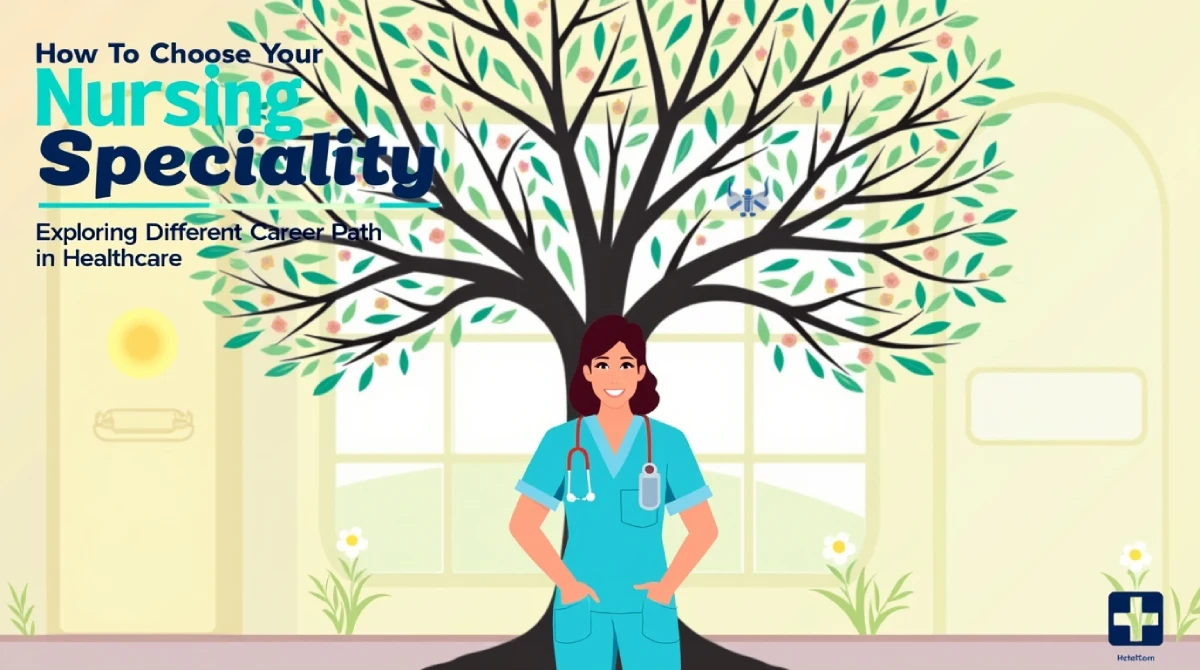The nursing profession has expanded dramatically over recent decades, creating specialty options that didn’t exist when many current nurses started their careers. You can now specialize in areas like informatics, genetics, or disaster response. Traditional roles have evolved too, with technology transforming how nurses work in every setting.
This growth creates incredible opportunities, but it also makes choosing a specialty feel overwhelming. Your decision will shape your entire career, affecting everything from daily work routines to long-term earning potential.
What Are Your Professional Motivators?
Start by honestly assessing what aspects of nursing give you the most satisfaction, because this self-awareness will guide your future decisions. Do emergency situations energize you? Some nurses thrive on the adrenaline of trauma cases. Others prefer building relationships with chronic care patients over months or years.
Your personality matters enormously. Introverts often excel in research or one-on-one counseling. Extroverts might gravitate toward busy emergency departments with constant patient interaction. Neither approach is superior, they just suit different temperaments.
Consider stress tolerance carefully. Some specialties involve life-or-death decisions multiple times daily. Others have predictable challenges with occasional emergencies. Physical demands vary too. OR nurses stand for hours during surgeries while home health nurses spend time driving between visits.
Popular Specialty Areas
Emergency nursing attracts people who love variety and can make quick decisions under pressure, since you never know whether the next patient has a minor complaint or life-threatening emergency. The unpredictability keeps work interesting but can be emotionally draining.
Labor and delivery combines routine care with potential emergencies. You’ll support families during significant life experiences while monitoring for complications that can develop rapidly.
Oncology nursing involves caring for cancer patients throughout treatment journeys lasting months or years. You’ll administer chemotherapy, manage side effects, and provide emotional support during challenging times. It offers opportunities for deep, meaningful patient relationships.
Medical-surgical units provide excellent foundational experience, since you’ll encounter diverse conditions and develop fundamental skills. Many nurses start here before transitioning to specialized areas.
Advanced Practice Options
Nurse practitioners have gained recognition as primary healthcare providers who diagnose conditions and prescribe medications with considerable independence. Family NPs work across all age groups while specialty NPs focus on specific populations.
When exploring advanced practice, researching DNP vs. NP pathways helps clarify the educational requirements and career outcomes for each credential.
Certified nurse anesthetists represent one of the highest-paid specialties, providing anesthesia during surgical procedures. Educational requirements are rigorous but financial rewards substantial.
Plan Your Path
Most specialties require certification beyond basic RN licensure. Some need only examination passage after gaining experience. Others require formal coursework before eligibility.
Advanced practice roles typically need graduate education. Master’s programs usually take two to three years part-time. Investigate employer educational benefits, as many organizations offer tuition reimbursement or full degree funding with work commitments.
Make Your Choice
Talk with nurses currently working in areas that interest you. Their first-hand experiences provide insights unavailable elsewhere. Shadow different departments if possible – observing specialties in action gives realistic perspectives.
Remember that your first specialty choice isn’t permanent. Nursing offers unusual career flexibility, with many successful nurses working in multiple specialties throughout their careers, building diverse skills and expertise.




